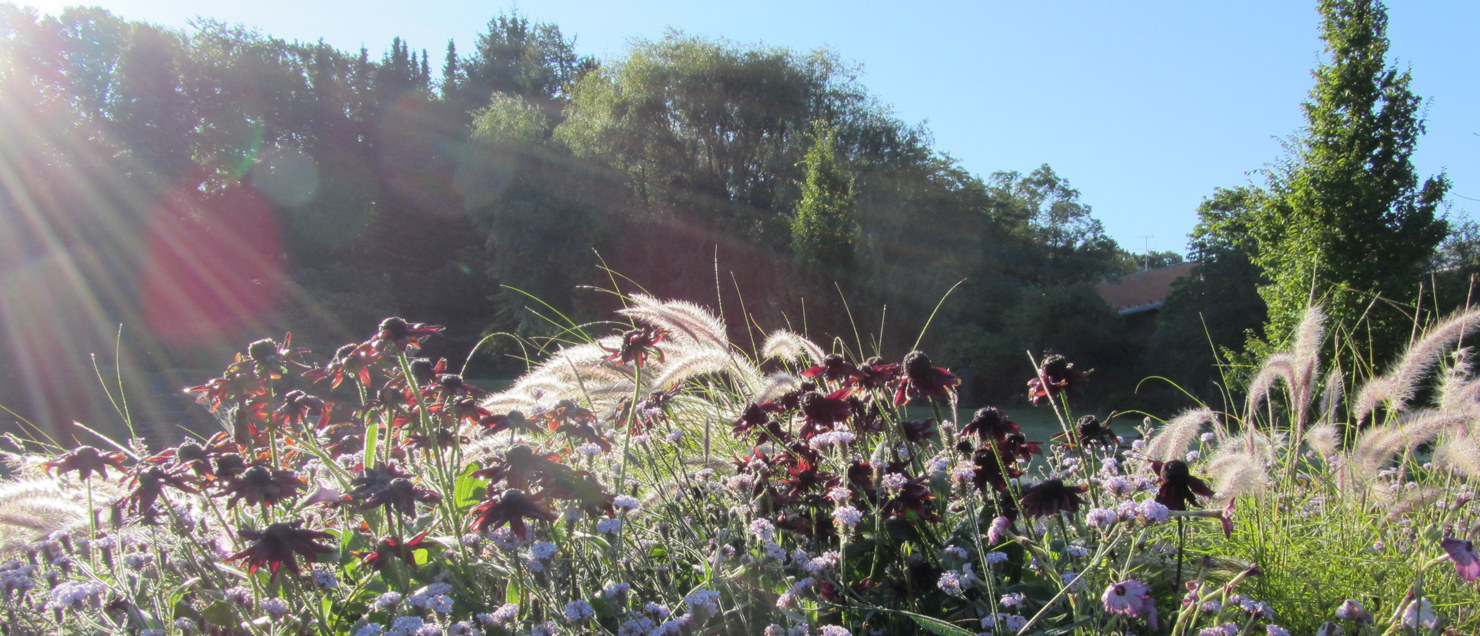Plant world diversity

Plants are vitally important for all life here on earth. So far, about 300,000 species of plant have been described, but many new ones are still being discovered. In the Botanical Garden, researchers study the characteristics, relationship and development of species.
Green plants are the basis of biological diversity on the earth. Plants have the unique capacity to create their own food by making use of the sun's energy. They produce the oxygen that we breathe. They absorb carbon dioxide from the atmosphere and in that way regulate the earth's climate. We human beings use them as food, fuel, building materials and medicines. And besides that they are so beautiful!
Plants have adapted themselves in many ways to be able to survive in different environments. In the desert live cacti that can cope with strong sunshine and months without rain, by storing water in their thick stems. In areas with poor soil, live carnivorous plants that catch insects in their traps. Waterlilies have developed the ability to live in water.
Botanical research deals with describing this incredible variation. Species' different appearances, characteristics and development are investigated. Who is related to whom? Researchers also investigate which plants grow where and why they live precisely there.
Increased knowledge about the plant world's diversity of species is invaluable. It is essential to be able to assess which species are endangered, how we can save them and how we can learn to use plants in a sustainable way.
The Amazon rainforest's wealth of species
Why is the wealth of species so great specifically in the Amazon rainforest? Read about the Amazon rainforest's wealth of species.
The secrets of the Silene family
DNA studies have revealed the Silene family's secrets. Read more about the Silene family's systematics.






